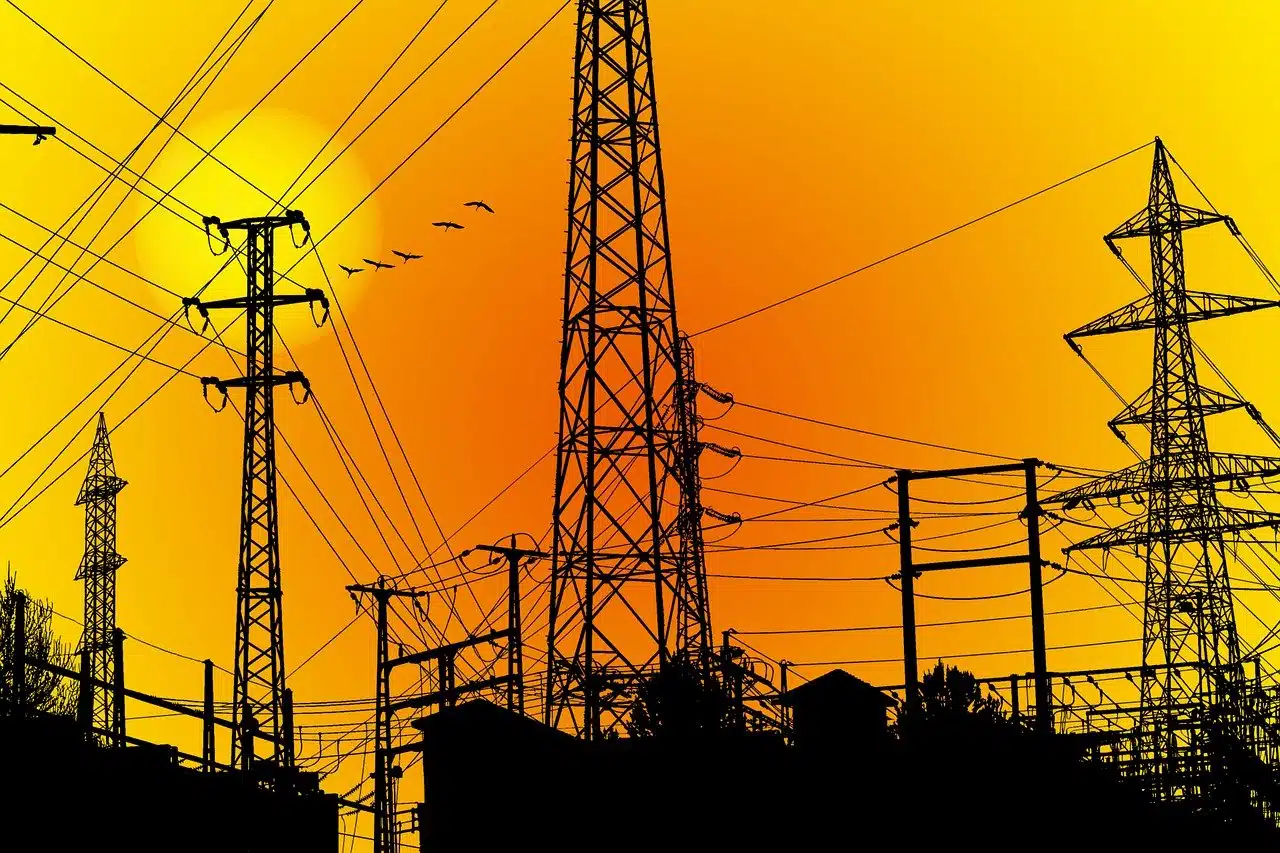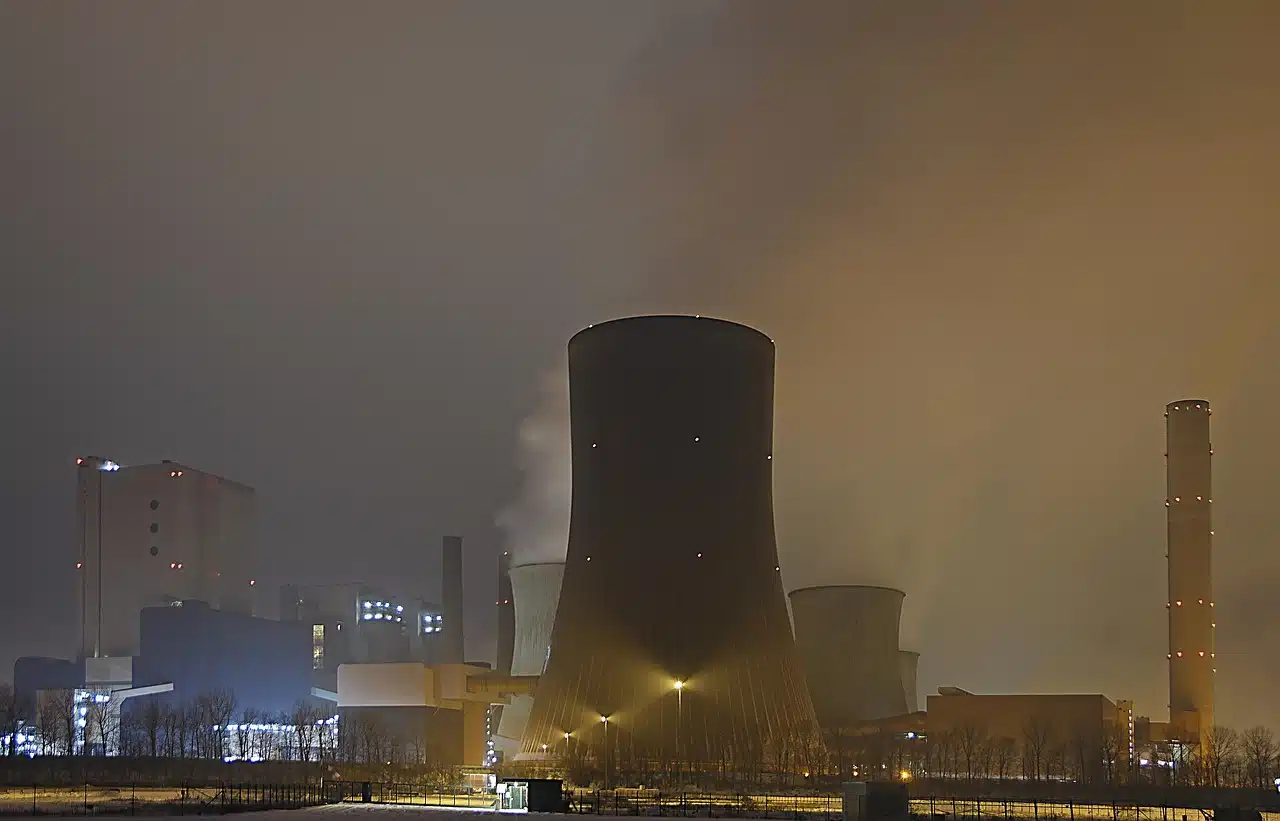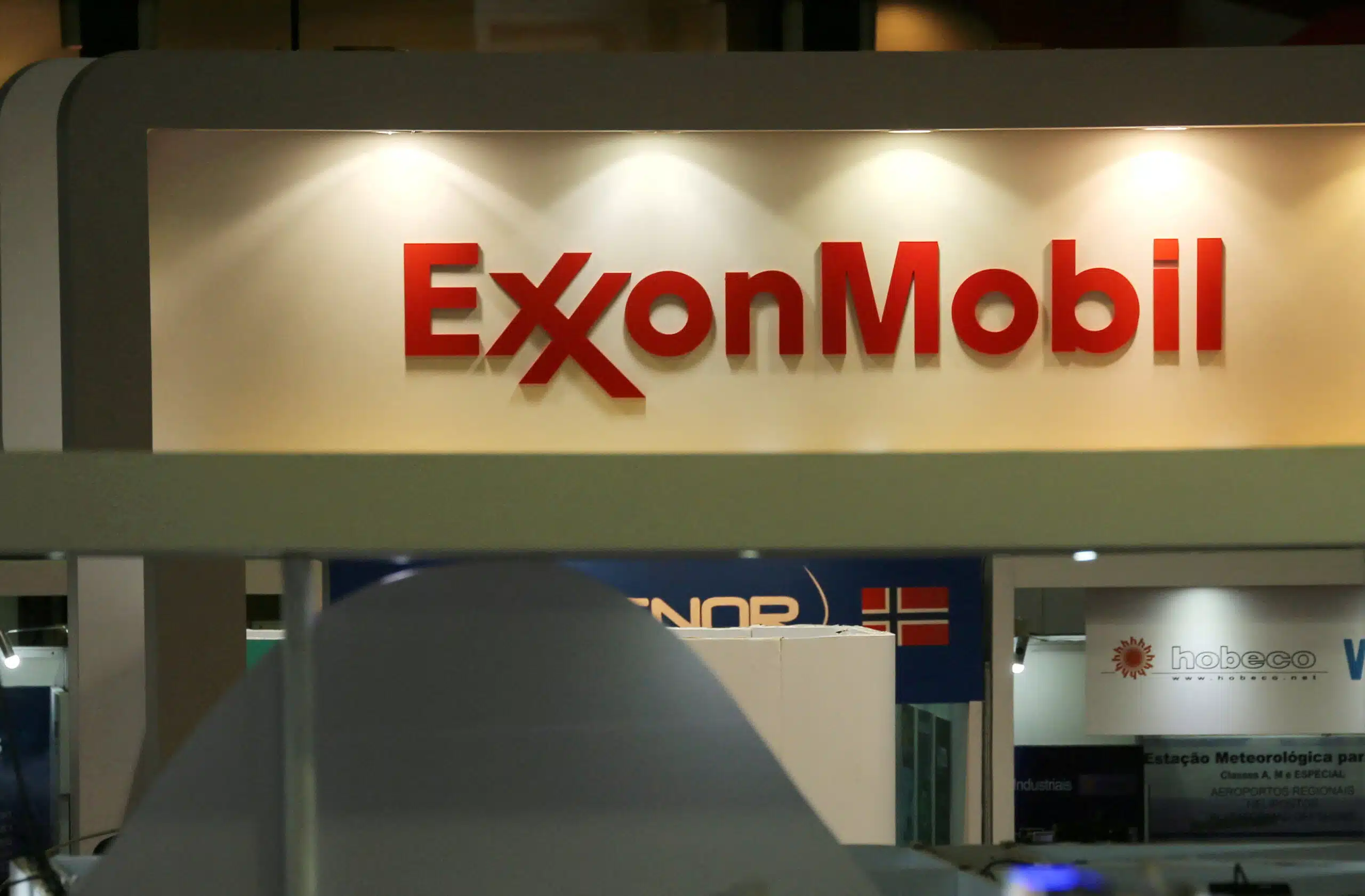U.S. President Donald Trump is doubling down on his protectionist economic agenda, setting Washington on a collision course with key trading partners.
On April 2, 2025, Trump now dubbed “the tariff man” announced the implementation of a global 10% tariff on all imports entering the U.S., alongside targeted, country-specific levies against nations with higher tariffs on American goods.
This bold trade move by the world’s largest consumer market affects over 50 countries, sparking concerns among energy analysts and economists, who warn of increased market volatility rather than the economic stability global trade desperately needs.
Nigeria, one of Africa’s leading economies, has been slapped with a 14% tariff on its exports to the U.S.
Other African nations facing new U.S. tariffs include:
– Namibia – 21%
– Kenya – 10%
– Ghana – 10%
– Algeria – 30%
– Ethiopia – 10%
– South Africa – 30%
– Mauritius – 40%
– Lesotho – 50% (the highest in Africa)
The White House claims these measures are part of a broader “reciprocal tariff” strategy, designed to level the playing field by imposing similar duties on countries that charge high tariffs on American goods.
According to U.S. trade officials, Nigeria currently levies a 27% tariff on American exports—a rate deemed excessive by Washington. In response, the U.S. has enforced a 14% counter-tariff on Nigerian exports.
Trump’s administration cites the U.S. trade deficit, which surpassed $1.2 trillion in 2024, as justification for these aggressive tariff hikes.
The White House argues that the previous administration failed to address the imbalance, leading to what Trump calls an “unsustainable” trade crisis.
With Trump’s new tariff war in full swing, experts warn of potential disruptions in global trade flows, price volatility, and strained diplomatic ties..
For Nigeria and other affected African economies, the question remains:
How will they respond to Washington’s aggressive trade policy?
As the global economy adjusts to this new era of U.S. protectionism, businesses and policymakers will be watching closely to see how these tariffs reshape international trade dynamics in the months ahead.
Nigeria-US trade relations
Nigeria remains one of the United States’ key trading partners in Africa, with bilateral trade exceeding $9.9 billion in 2024.
This marks a significant increase from previous years, driven by rising exports and a shift in trade patterns.
Between 2018 and 2023, US exports to Nigeria grew at an annualized rate of 2.81%, increasing from $2.62 billion in 2018 to $3 billion in 2023.
Similarly, Nigeria’s exports to the US rose by 1.59%, from $5.81 billion in 2018 to $6.29 billion in 2023.
In 2023, the US exported $3 billion worth of goods to Nigeria, primarily consisting of:
– Cars – $1.04 billion
– Refined petroleum products – $340 million
– Wheat – $179 million
Conversely, Nigeria exported $6.29 billion worth of goods to the US, with the following as its top exports:
– Crude oil – $4.73 billion
– Petroleum gas – $920 million
– Fertilizer – $167 million
In 2024, total US-Nigeria trade surged to $9.9 billion, reflecting a 61.4% increase in US exports to Nigeria reaching $4.2 billion—an additional $1.6 billion compared to 2023.
Meanwhile, Nigeria’s exports to the US rose slightly to $5.7 billion, an increase of just 0.1% ($7.0 million) from 2023.
Despite this growth, the US trade deficit with Nigeria narrowed significantly to $1.5 billion in 2024, a 50.9% decrease ($1.6 billion) from the previous year.
The National Bureau of Statistics (NBS) reported that in the first nine months of 2024, Nigeria exported N4.59 trillion (~$3 billion) worth of goods to the US, with crude oil contributing N1.494 trillion (~$990 million).
This positioned the US as Nigeria’s second-largest export destination during the period.
On the other hand, Nigeria’s imports from the US totaled N2.999 trillion (~$1.9 billion), resulting in a trade surplus of N1.59 trillion in Nigeria’s favor.
The country also recorded an impressive trade surplus of N15.1 trillion (~$10 billion), driven by a 122.1% surge in crude oil exports.
Despite the strong 2024 performance, trade between the two nations declined sharply in January 2025.
– US exports to Nigeria fell by $77.9 million (26.7%), from $292 million to $214 million.
– US imports from Nigeria dropped by $171 million (32.4%), from $528 million to $357 million.
This resulted in a negative trade balance of $143 million on the US trade sheet for January 2025.
The recent decline in trade volume could be attributed to multiple factors, including shifting trade policies, changing global oil demand, and new tariffs imposed by the US on Nigerian imports.
However, Nigeria and the US remain strong trade partners, and future policy adjustments may help stabilize trade flows in the coming months.
Why Trump’s new tariffs exempt Nigerian oil
Meanwhile, the White House confirmed on Wednesday that oil, gas, and refined petroleum products will be exempt from President Donald Trump’s sweeping new tariffs—not just for Canada and Mexico, but for all global suppliers.
This exemption is a major relief for the U.S. oil industry, which had raised concerns that new import levies could disrupt crude supplies, increase costs, and impact refiners that rely on foreign oil from countries such as Nigeria, Canada, and Mexico.
As Africa’s largest oil producer, Nigeria exports around $4.7 billion worth of crude oil to the U.S. annually.
While other imports face Trump’s new baseline tariffs, Nigerian oil remains untouched, signaling a strategic move that could pay both countries off in the long run.
However, the decision has sparked important questions: Why did Trump spare Nigerian oil from the tariffs? And what would have happened if he did?
Since returning to office, President Trump has prioritized aggressive energy expansion, aiming to drive down energy costs and boost domestic oil and gas production.
Despite the U.S. being the world’s largest oil and gas producer, it still imports certain crude grades—especially from Nigeria, Canada, and Mexico—to meet refinery demands.
Imposing tariffs on crude oil imports would have directly harmed U.S. refiners, raising costs and pushing gasoline prices higher.
By exempting oil and gas from tariffs, Trump is safeguarding the U.S. economy from energy price shocks while advancing his “America First” energy policy. That’s the grand plan.
Beyond economics, there are key strategic reasons why the Trump administration avoided slapping tariffs on Nigerian crude and energy exports.
Nigeria is not just Africa’s top oil producer—it is also the most populous democracy and a key player in regional security as the ECOWAS leader.
Washington views Nigeria as a crucial ally in Africa, making energy cooperation vital to U.S. foreign policy.
Major American oil firms like ExxonMobil and Chevron have multi-billion-dollar investments in Nigeria’s oil sector.
Any unprovoked tariff action would have prompted a corresponding response from the Nigerian government, disrupting operations and risking U.S. business interests in the region.
Nigeria’s Dangote Refinery, Africa’s largest fuel processing facility, also sources a significant amount of crude (WTI) from the U.S. due to limited local supply.
Additionally, Dangote has emerged as a key exporter of aviation fuel to the U.S., helping to boost its imports to new levels and stabilize jet fuel prices—a crucial factor ahead of peak summer travel season.
Had Trump imposed tariffs on Nigerian crude and refined petroleum, this trade flow would have been disrupted, potentially pushing U.S. jet fuel prices to record highs.
How the new 14% tariff affect other Nigerian exports
Moreover, energy may be exempted from the newly imposed tariffs, but it still would affect a range of Nigerian exports to the United States, including agricultural products and textiles, with potential impacts on the Nigerian economy.
David Adonri, Vice Chairman of Highcap Securities, noted that the increased tariffs might not significantly affect Nigeria’s exports to the U.S., given that the non-oil trade volume is relatively modest and primarily consists of tropical agricultural produce.
He added, “U.S. trade with Nigeria is not significant; hence, an increase in tariffs may not affect Nigeria’s exports.”
Although Nigeria’s oil and gas exports have been exempted because of Trump’s “drill, baby, drill” stance and his interest in unleashing the US fossil energy industry, the introduction of the tariffs on non-oil exports marks a pivotal moment in the U.S–Nigeria trade relations.
There are now going to be more stringent trade policies that could reshape economic interactions between the two nations. Both countries amended their trade rules in 2000, with the signing a Trade & Investment Framework Agreement (TIFA).
If you look at the new tariff development closely, you can see Trump’s decision to exempt oil and gas imports from the global tariffs as a calculated effort intended to:
- Shield American consumers from energy price hikes
- Preserve U.S. refinery operations
- Strengthen economic and political ties with key oil-producing nations like Nigeria
- Safeguard American energy interests in Africa
While other Nigerian exports face heavy tariffs under Trump’s new trade policies, the energy sector remains largely protected, reinforcing the U.S.’s long-term energy security strategy.












